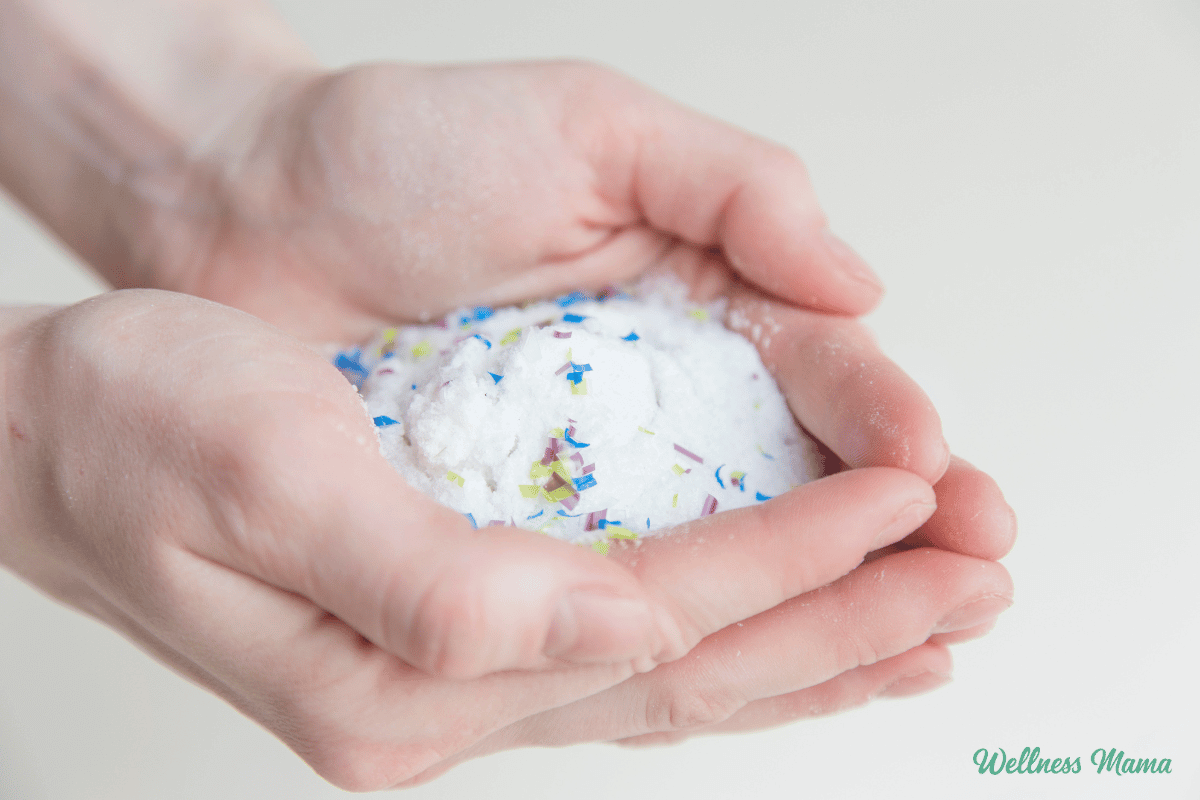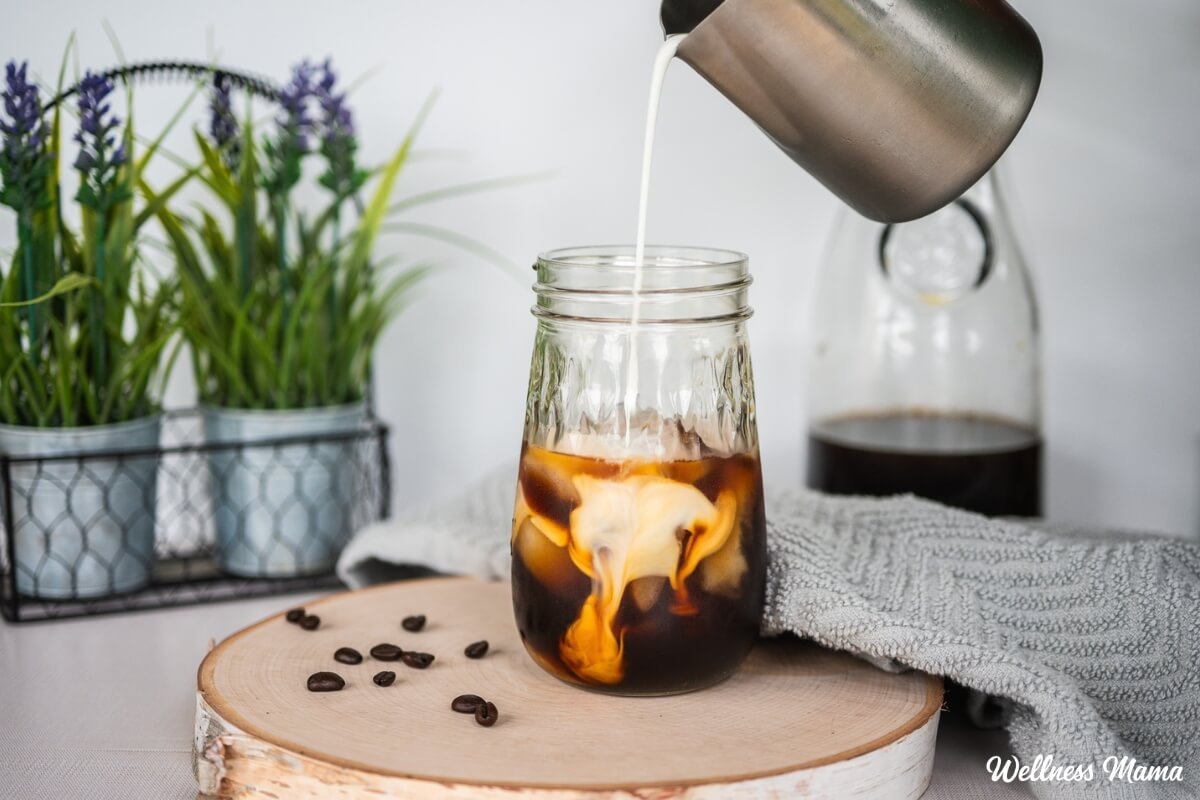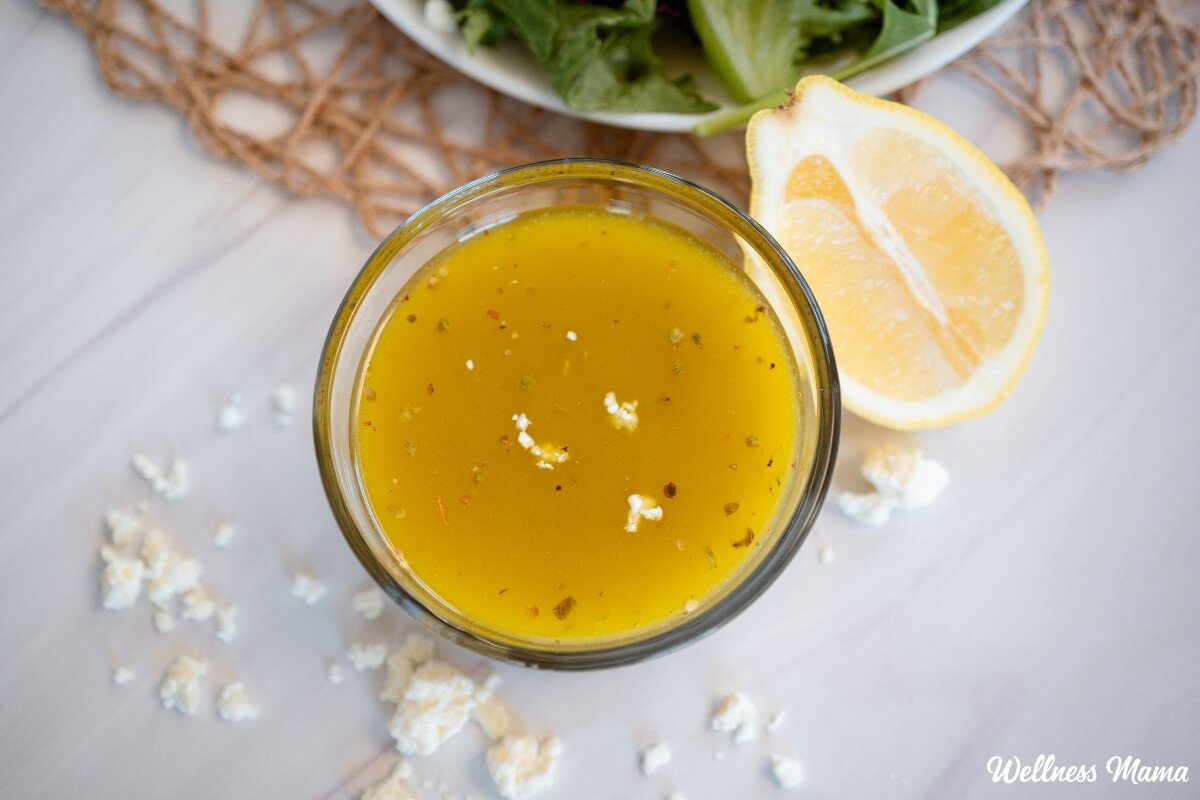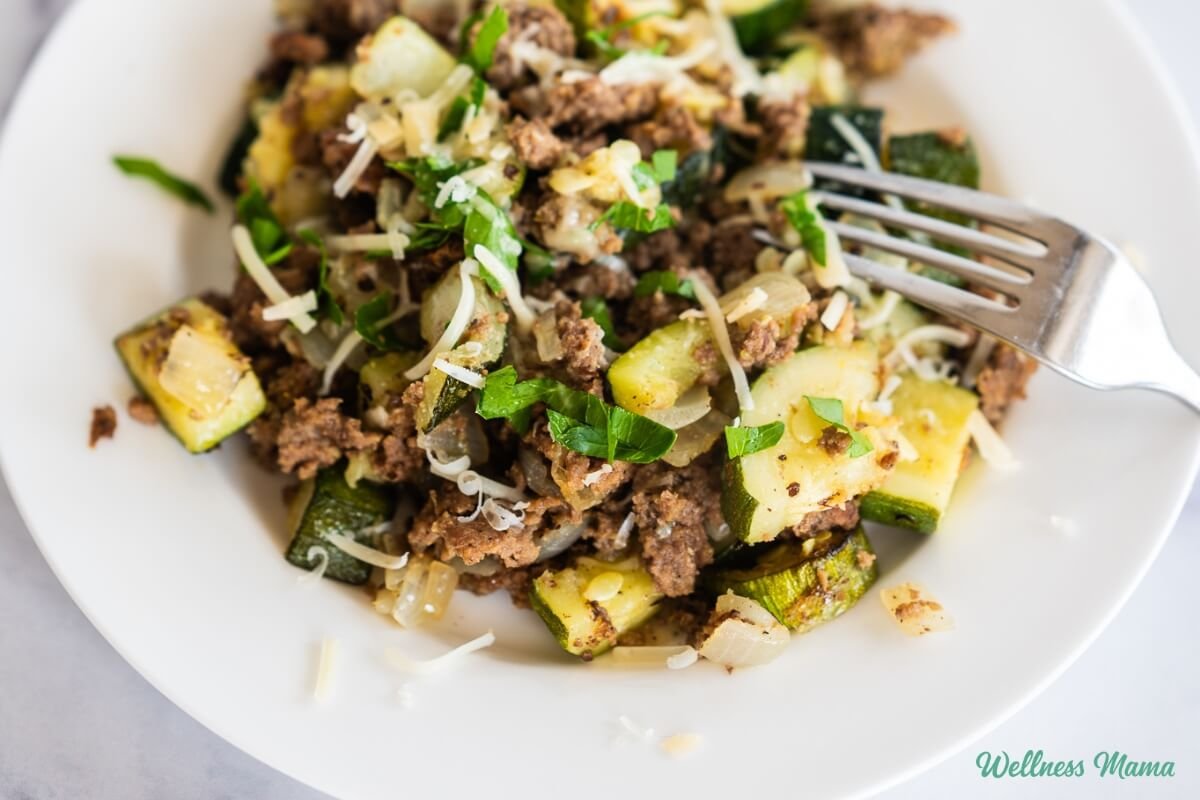When I was young, I recall enduring multiple cases of strep throat and ear infections, frequently treated with antibiotics by the time I was five. Strep throat, a common illness in children, can be tough on both youngsters and their parents. With my current understanding of natural immunity and gut health, I now have a different view on strep throat.
While antibiotics are sometimes necessary, numerous research-supported herbs and natural remedies are available to try. In this article, I’ll discuss ways to alleviate pain and discomfort, alongside several proven herbal methods to combat the infection and boost immune response.
Understanding Strep Throat
Strep throat, also known as streptococcal pharyngitis, is a bacterial infection that primarily targets the throat and tonsils. This condition is caused by the bacterium Streptococcus pyogenes, or group A Streptococcus (GAS).
Commonly referred to as “strep,” this infection is highly transmissible and can spread through respiratory droplets when an infected individual coughs, sneezes, or shares a glass or eating utensils. It is more prevalent in children and adolescents but can affect anyone.
After exposure, symptoms generally manifest within a few days.
Recognizing the Symptoms of Strep Throat
Not all sore throats are strep throat. If your symptoms resemble those of a cold, they may be viral rather than caused by strep bacteria. Symptoms that include a runny nose, cough, or hoarseness likely indicate a different illness.
Possible symptoms of a strep throat infection include:
- A severe, sudden sore throat
- Difficulty swallowing due to throat inflammation
- Swollen and red tonsils
- Red spots on the mouth’s roof
- White patches or pus streaks on the tonsils
- Enlarged lymph nodes
- Fever of 101°F or higher
- Headache
- Bodyaches
- Fatigue or weakness
- Loss of appetite
- Scarlet fever, a fine sandpaper-like red rash
It’s vital to recognize that not all sore throats result from a strep infection. Viral infections, including the common cold, can produce similar symptoms. However, strep throat might require medical attention and possibly antibiotics to avoid complications.
Testing for Strep Throat
Doctors can confirm strep throat through specific tests. The primary methods used are:
Rapid Strep Test: A swift test to determine if Group A Strep bacteria are responsible for the symptoms. A healthcare professional will swab the throat and test the sample in the office, with results available in about 15 minutes. If positive, antibiotics are prescribed; if negative, a throat culture is often ordered.
Throat Culture: This test confirms the presence of strep bacteria but requires more time than the rapid test, as it involves bacteria growth from the swab sample. This test is critical in children because untreated strep can lead to rheumatic fever, though adults are less likely to develop this complication.
Natural Remedies to Alleviate Strep Symptoms
Many people choose prescription antibiotics for treating strep throat to eradicate the bacterial infection. The choice to use antibiotics for strep remains debated in the natural health community. Consult your healthcare provider to decide on the best course for you.
Whether you seek supportive remedies or prefer to avoid antibiotics, these home remedies can aid in easing symptoms.
Saltwater Gargle
Gargling with warm salt water can soothe a sore throat and reduce inflammation. Combine half a teaspoon of salt with 8 ounces of warm water and gargle several times a day. Our family prefers using mineral-rich natural salt over table salt.
Apple Cider Vinegar
Apple cider vinegar (ACV) can also help with strep. Gargling with diluted ACV may break down the biofilm of strep bacteria, facilitating elimination. Research shows that ACV eradicated biofilms by about 95%. Date vinegar performed slightly better, eliminating 100% of the biofilm.
Oil Pulling
Oil pulling entails swishing oil in your mouth to remove toxins. Research supports the effectiveness of oil pulling against strep bacteria. In a clinical trial, sesame oil was used for ten minutes daily before brushing. Within one to two weeks, strep bacteria decreased after beginning oil pulling.
Though the study used sesame oil, coconut oil, which also exhibits antibacterial properties, is worth trying. Consider making coconut oil pulling chews for easy use.
Warm Fluids and Herbal Teas
Consume warm fluids like herbal teas, warm water with lemon and honey, or broth for throat relief and hydration. Herbal teas such as chamomile, marshmallow root, licorice root, and slippery elm have natural soothing properties for discomfort relief.
These herbs also boast antimicrobial benefits to combat harmful bacteria, aid gut healing, and support the immune system. Sipping warm herbal teas throughout the day provides soothing relief.
Consider this recipe for Sore Throat Tea with marshmallow root, licorice root, raw honey, and lemon.
Slippery Elm Lozenges
Slippery elm bark possesses demulcent and anti-inflammatory qualities, which can ease throat pain and help with biofilm breakdown. Besides tea, try sucking on slippery elm lozenges. You can also make herbal cough drops at home, incorporating slippery elm, honey, and other soothing ingredients.
Raw Honey
With its antimicrobial properties, honey can soothe a sore throat. Add a teaspoon to warm water, herbal tea, or lemon water, or take a teaspoon directly as a natural cough syrup. Note that honey should not be given to children under one year old due to the risk of botulism.
Elderberry
Elderberries are abundant in antioxidants and exhibit both antibacterial and antiviral effects. 2011 research indicates they combat several bacterial strains responsible for strep throat. Elderberry popsicles, cold and soothing with vitamin C and electrolytes, can support the immune system during sore throats.
Learn more about elderberry’s immune benefits in this blog post. You can also create your own elderberry syrup, ideal for sore throats, colds, and flu.
Alternative “Antibiotics” for Strep Throat
Oregano
Oregano (Origanum vulgare), a commonly used culinary herb, has antimicrobial effects against various bacteria. Studies suggest oregano extracts and essential oil possess antibacterial properties against Streptococcus pyogenes.
Thyme
Thyme (Thymus vulgaris) is known for aromatics and as a traditional remedy for respiratory infections. Some studies indicate thyme extracts, including essential oil, may display antibacterial activity against Streptococcus pyogenes. Try a thyme facial steam found in this blog post.
Garlic
Widely recognized for antimicrobial effectiveness, garlic’s allicin compound demonstrates antibacterial properties against several bacteria, including Streptococcus pyogenes. Additional research is needed regarding its efficacy against strep throat specifically.
To combine its benefits with honey, try this fermented garlic and honey recipe.
Echinacea
Echinacea (E. purpurea and E. angustifolia) is often used to support immune health. Some scientific research suggests echinacea extracts exhibit antimicrobial activity against Streptococcus pyogenes, with the potential to reduce symptom severity and duration for throat infections.
Echinacea is most effective when taken at the earliest sign of a sore throat. Once the infection progresses, echinacea may not be as helpful. Consume as tea or tincture.
Some herbalists advise using 30 drops to 4 ml of echinacea tincture for adults every hour until symptoms subside. Adjust dosage as needed for children, or follow product label recommendations.
Sage
Sage (Salvia officinalis) has antimicrobial and anti-inflammatory qualities. Studies show sage extracts, including essential oil, can combat Streptococcus pyogenes and other bacteria. Gargling with sage tea alleviates throat pain and minimizes inflammation. Steep 1 to 2 teaspoons of dried sage leaves in hot water for 10 minutes, strain, and use it as a mouthwash multiple times daily.
Bee Balm
Similar in taste to oregano, bee balm (Monarda spp) has been used for sore throats. As a strong antimicrobial and antibacterial herb, bee balm may address strep bacteria. It’s rich in volatile oils like thymol. Create a strong tea with bee balm to use as a mouthwash and gargle.
Medical Treatments for Strep Throat
When seeking medical care, healthcare providers typically recommend staying hydrated and consuming soft foods like soup. A course of antibiotics, often penicillin or amoxicillin, may also be prescribed to eliminate strep bacteria. Alternative antibiotics are available for those with allergies.
While effective against strep infections, antibiotics can harm gut health. Doctors might suggest over-the-counter pain medications like acetaminophen (Tylenol) or ibuprofen for pain relief, but these can adversely affect the gut and immune system over time.
Tips for When Antibiotics Are Necessary
Should you require antibiotics, prioritize gut recovery. Since antibiotics can harm gut bacteria and the intestinal lining, follow treatment with gut-healing remedies. Prebiotics and probiotics are crucial in this process.
Support your gut with these methods:
Saccharomyces Boulardii
This probiotic yeast species helps restore the gut post-antibiotics. S. Boulardii functions as a probiotic, protecting the intestinal lining. Research links gut lining damage to various gastrointestinal diseases. Evidence suggests S. Boulardii can help numerous GI conditions, including IBS, Crohn’s, and C. diff. Widely accessible, it’s sometimes available at local drugstores.
Spore-Forming Probiotic
Introduce a spore-forming probiotic to enhance microbiome diversity post-antibiotics. These probiotics aid with leaky gut, reduce inflammation, and boost beneficial bacteria growth. I personally use the Just Thrive spore-forming probiotic.
Bone Broth
Derive nutrients from bone broth sourced from free-range animals, which supports gut healing. It provides essential amino acids like glutamine and glycine to repair the intestinal lining.
Herbal Teas
Marshmallow root and licorice to the rescue once more! These herbs are as beneficial for the gut as they are for the throat. Mountain Rose Herbs details marshmallow root’s benefits:
Marshmallow root … has German Commission E approval for supporting gastric mucosa inflammation, and for oral and pharyngeal mucosa irritation. When combined with other herbs, it’s additionally used for mild respiratory symptoms, including cough.
Consider using marshmallow tea to make actual marshmallows. Learn about marshmallow tea preparation here. Licorice also aids in healing the stomach lining after ibuprofen use.
Concluding Thoughts on Strep Throat
Strep throat can potentially cause serious complications like rheumatic fever or kidney issues, so it’s not to be ignored. Trying natural remedies may be worthwhile, but carefully monitor symptoms and consult your healthcare provider for guidance.
Have you or your children experienced strep throat? Did a home remedy work for you? Share your experience with us below!

















Leave a Reply